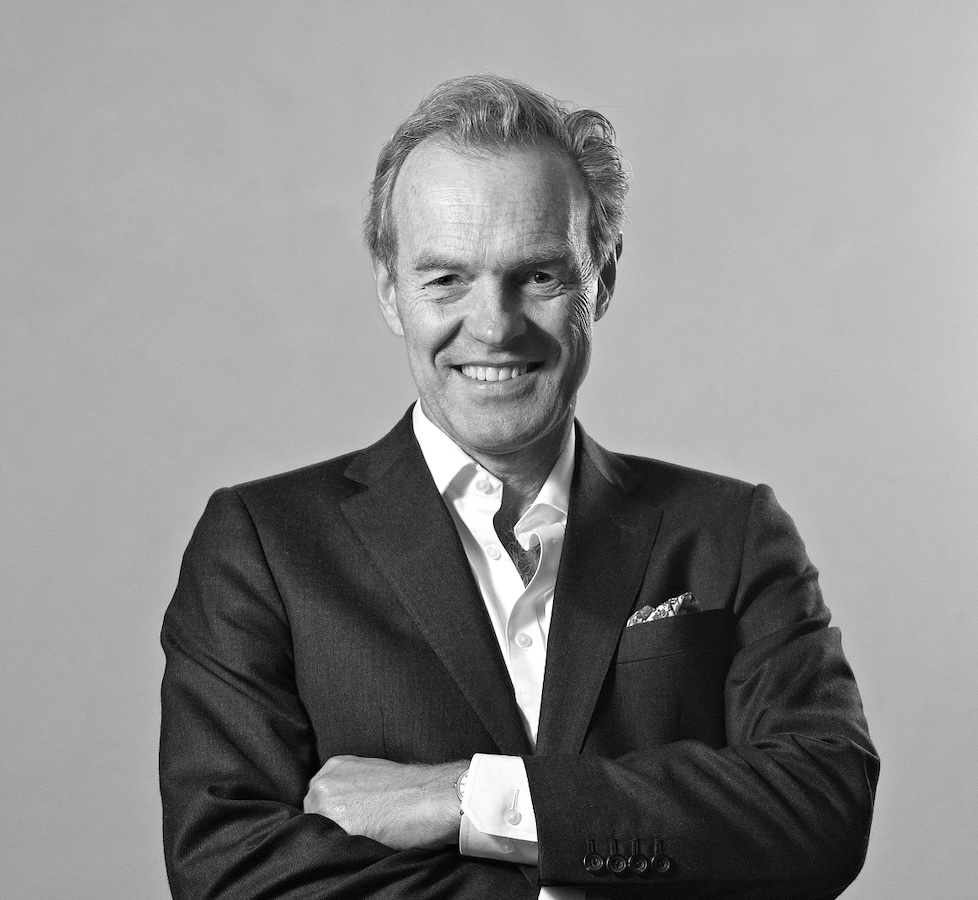RIYADH: The Future Hospitality Summit World is returning to Dubai from Sept. 30 to Oct. 2 at Madinat Jumeirah, promising three days filled with insights, networking, and announcements for the hospitality and tourism sectors.
As the largest edition to date, FHS World will gather over 1,500 industry leaders and feature more than 110 distinguished speakers, facilitating dynamic discussions and networking opportunities.
Jonathan Worsley, chairman of The Bench and organizer of FHS World, told Arab News: “The Future Hospitality Summit has grown year on year since its inception, evolving from what was once a purely Middle East-focused event — the much-loved Arabian Hotel Investment Conference — to a world-leading summit that attracts over 1,500 international delegates and puts the global industry in the spotlight.”
He added: “As our biggest and boldest event to date, FHS World 2024 reflects the continued growth of the hospitality and tourism sector and the evolution of FHS as the leading event of its kind.”
Under the theme “Invest in Our Future,” the summit will address critical issues shaping the global hospitality landscape, with a particular focus on innovation, sustainability, technology, and investment opportunities. Worsley emphasized the significance of investment and partnerships, stating, “This year’s theme emphasizes investment, innovation, and sustainability.”

Jonathan Worsley, chairman of The Bench and organizer of FHS World.
He elaborated: “Each year, we work alongside our highly experienced advisory board who guide us on topics, speakers, and event format to ensure we bring in the right people to discuss the most important factors affecting the hospitality industry and add the most value to industry players attending.”
This year’s agenda is packed with over 40 sessions across 20 conference tracks on four dedicated stages: Summit, Future, Exhibition, and Innovation. Topics will encompass environmental, social, and governance issues, sustainable development, human capital, real estate, technology, branding, and culture.
Worsley noted that the emphasis on sustainability has intensified annually. The 2024 agenda includes dedicated tracks where expert insights will guide the development of sustainable business models that prioritize environmental stewardship while enhancing profitability.
The summit will also feature panels addressing urgent topics like scaling tourism with sustainable footprints, decarbonization, and achieving net-positive hospitality, aligning with the global movement toward responsible business practices.
A session “Greening Hospitality: ESG Law Compliance Impacting Hotel Real Estate Value” underscores the rising importance of environmental standards worldwide.

Hala Matar Choufany, president for HVS Middle East, Africa & South Asia.
Hala Matar Choufany, president for HVS Middle East, Africa & South Asia, remarked: “Sustainability compliance is one of the biggest challenges facing the hospitality industry, as governments and investors push for more stringent environmental standards.”
FHS World 2024 will delve into technology and innovation, with Worsley highlighting, “Artificial Intelligence, the Internet of Things, and automation are transforming our industry in profound ways. FHS World will showcase how technology enhances everything from operational efficiency to guest personalization.”
Choufany added: “Emerging technologies like AI and IoT are transforming hospitality operations by improving efficiency, reducing costs, and enhancing guest experiences. AI allows hotel operators to use predictive analytics to forecast occupancy, adjust staffing, and optimize inventory, while dynamic pricing algorithms help maximize revenue.”
Experts like Nicolas Nasra of Colliers will discuss AI’s transformative potential in hotel operations, and Piergiorgio Schirru of Blastness will emphasize the importance of revenue management systems in securing competitive market prices. Worsley further noted that “Robotics and Generative AI will also take centre stage as tools for creating more efficient systems; however, discussions to address ethics and data protection elements of these new technologies are essential.”
The summit will not only highlight technological advancements but also emphasize sustainability and pathways to achieving net-zero goals. Inge Huijbrechts, chief sustainability and security officer at Radisson Hotel Group, along with leaders from brands like Hilton and Accor, will explore how hotels can leverage data-driven platforms to track, report, and minimize their carbon footprints.
Worsley highlighted key presentations, including “Decarbonization and the Pathway to Net Zero,” “Net Positive Hospitality,” and “Leading with Purpose: Commitment to People, Planet, Profit.”
A key feature of FHS will be the Branded Residences Forum, presented by Accor One Living, focusing on the rising trend of branded residences in the Middle East and beyond. Worsley stated this forum is “set to be one of the biggest draws at FHS World,” providing attendees with insights into the intersection of real estate, branding, and hospitality.
He explained: “Investors are increasingly looking for diversified assets that can weather market fluctuations, and this is driving interest in branded residences and mixed-use developments.”
Choufany added: “The hospitality industry is witnessing several emerging trends that are shaping the future of investments. One notable trend is the rise of extended stay and co-living spaces.” She noted that as remote work and digital nomadism gain popularity, investments in these properties are expected to grow, blending home comforts with hotel-like amenities.
This year’s summit will also feature Country Pavilions exhibitions showcasing hospitality projects from Greece, Italy, Morocco, the Maldives, and Sri Lanka.
Worsley stated: “Our country pavilions are a platform for countries to showcase their hospitality projects and investment opportunities to a global audience, helping investors identify new markets.”
Innovation and creativity will be celebrated with several industry competitions, including the semi-finals of the UN Tourism Women in Tech Start-Up Competition and the new Sustainable Cook-Off, spotlighting top UAE chefs creating culinary masterpieces from locally sourced ingredients. The finals of the Sustainable Hospitality Challenge, a student competition founded by Hotelschool The Hague, will also return, continuing the tradition of recognizing innovative practices in the sector.
Worsley remarked: “One of our most popular events is the Sustainable Hospitality Challenge, which enforces true sustainability through collaboration and is judged by world leaders in their field.”
FHS World will also tackle challenges such as labor shortages and sustainability compliance through solutions-based discussions. Worsley explained: “FHS World addresses these challenges by bringing together experts in green technologies, automation, and workforce development to provide attendees with a toolkit for tackling these issues while capitalizing on new growth opportunities.”
As FHS World expands, it continues to serve as a premier platform for industry leaders to connect, share ideas, and shape the future of hospitality and tourism. Worsley stated, “Our vision for FHS World is to continue to help shape the future of hospitality investment and provide a platform — one that bridges continents and drives innovation, where industry leaders gather to forge partnerships to advance their businesses sustainably.”
With more sessions, speakers, and features than ever before, FHS World 2024 promises to be a defining event for the global hospitality and tourism sector, offering attendees unparalleled insights, networking opportunities, and pathways to invest in the industry’s future.





























